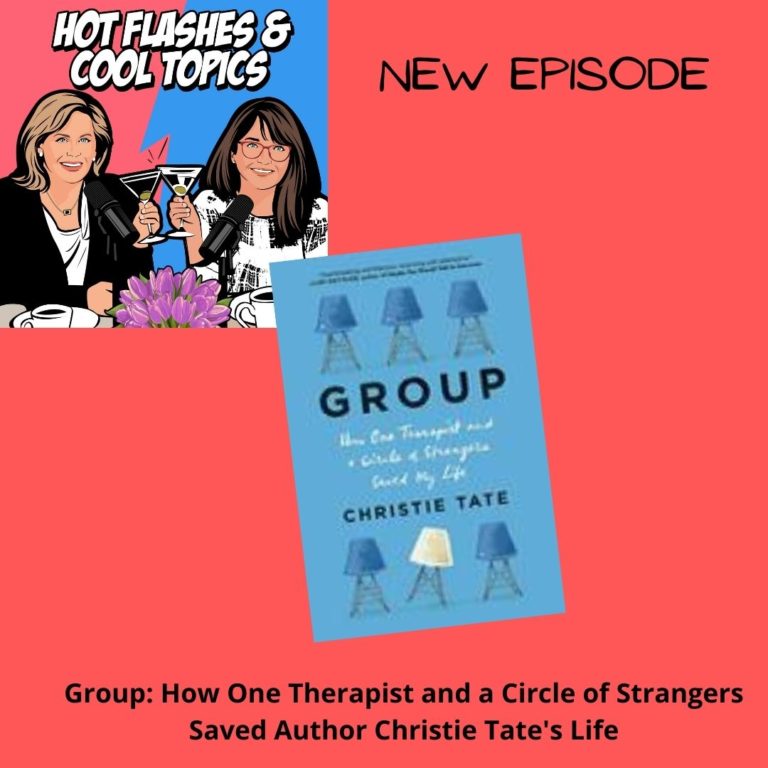
We witness, up close, a young woman as she takes halting, awkward baby steps toward becoming herself. Herein lies the greatest strength of this raw and honest memoir. “The apples aren’t killing you,” he tells her. Rosen’s unusual technique includes what he calls “prescriptions.” After Tate confesses to the group that she’d eaten seven apples the night before, Rosen asks her to call another group member every evening and recount exactly what she’d eaten that day. Into this mix marches Tate, whose fear of being truly seen and known is even greater, at first, than her fear of sucking at relationships and her fear of dying alone. Sexual hang-ups and habits, bodily functions or dysfunctions, obsessions, affairs, all are fair game. Both inside the group and out, patients are allowed to disclose what goes on.

Jonathan Rosen, a therapist who is Jewish and Harvard-educated (I mention this only because much is made of his ethnicity and pedigree) and whose highly unconventional psychological methods involve group therapy in which radical honesty is the rule. She imagines an empty future defined by billable hours, a legal career as “culturally approved-of beard for my dismal personal life.”Ī friend tells Tate about Dr. It didn’t feel normal.” Tate is first in her law school class, an accomplishment that only sinks her further into despair. But I felt an unease, constant as a toothache. I didn’t have a plan, a method or a date. I didn’t research how to get a gun or fashion a noose out of my belts. “I wished passively for death,” she writes, “but I didn’t stockpile pills or join the Hemlock Society’s mailing list. She struggles with a longtime eating disorder, chooses unavailable men, has trouble with intimacy of any kind. As a young law student, Tate suffers from terrible loneliness and a self-loathing that manifests in a variety of ways.

She has transcended them enough to craft them into a story.Ĭhristie Tate’s “Group” is one of those rare memoirs that can be accurately described as honest and raw, and I don’t entirely mean that as a compliment. The writer hasn’t just survived her trials and tribulations. I’m reminded of writing advice from Annie Dillard: “You may not let rip.” At its best, memoir is an act of consummate control. Scan the book jackets of many contemporary memoirs and you will find the words “brave,” “honest” and “raw,” often followed by “redemptive.” But these reduce the art form to confession, as if little more than a diary into which the writer has spilled her guts.

GROUP How One Therapist and a Circle of Strangers Changed My Life By Christie Tate


 0 kommentar(er)
0 kommentar(er)
